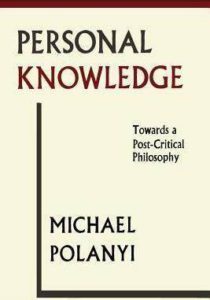
In this post, I shall focus only on historical facts and will not be making any definitive moral judgment on the current war between Hamas & Israel.
Without a doubt, the name Palestine was used before the founding of the state of modern Israel in 1948. There are maps from the 19th century which have the name Palestine printed over the region of the Holy Land. However, the name Palestine was used to describe a geographical area rather than an independent state or a region defined as a specific administrative region.
The word Palestine was derived from the Philistines, an Aegean people who migrated to the Mediterranean coastal plain between Tel Aviv-Yafo and the Gaza Strip in the 12th century BC. These Aegean people have no genealogical connection recent Palestinian people. The Philistines disappeared from history after they were destroyed by King Nebuchadnezzar II of Babylonia 2600 years ago. The Jews who were exiled to Babylon resettled in the land under the Persian Empire and reestablished Jerusalem as their capital. The Romans who destroyed Jerusalem in 70 AD and crushed the last Jewish revolt (the Bar Kokhba revolt, 132-136 AD) applied the term Palaestina to Judea in order to erase any Jewish legitimate claim to the land of Israel. The Arabic word Filastin is derived from this Latin name. Continue reading “Was there a Palestinian State in History? The Historical Facts”
